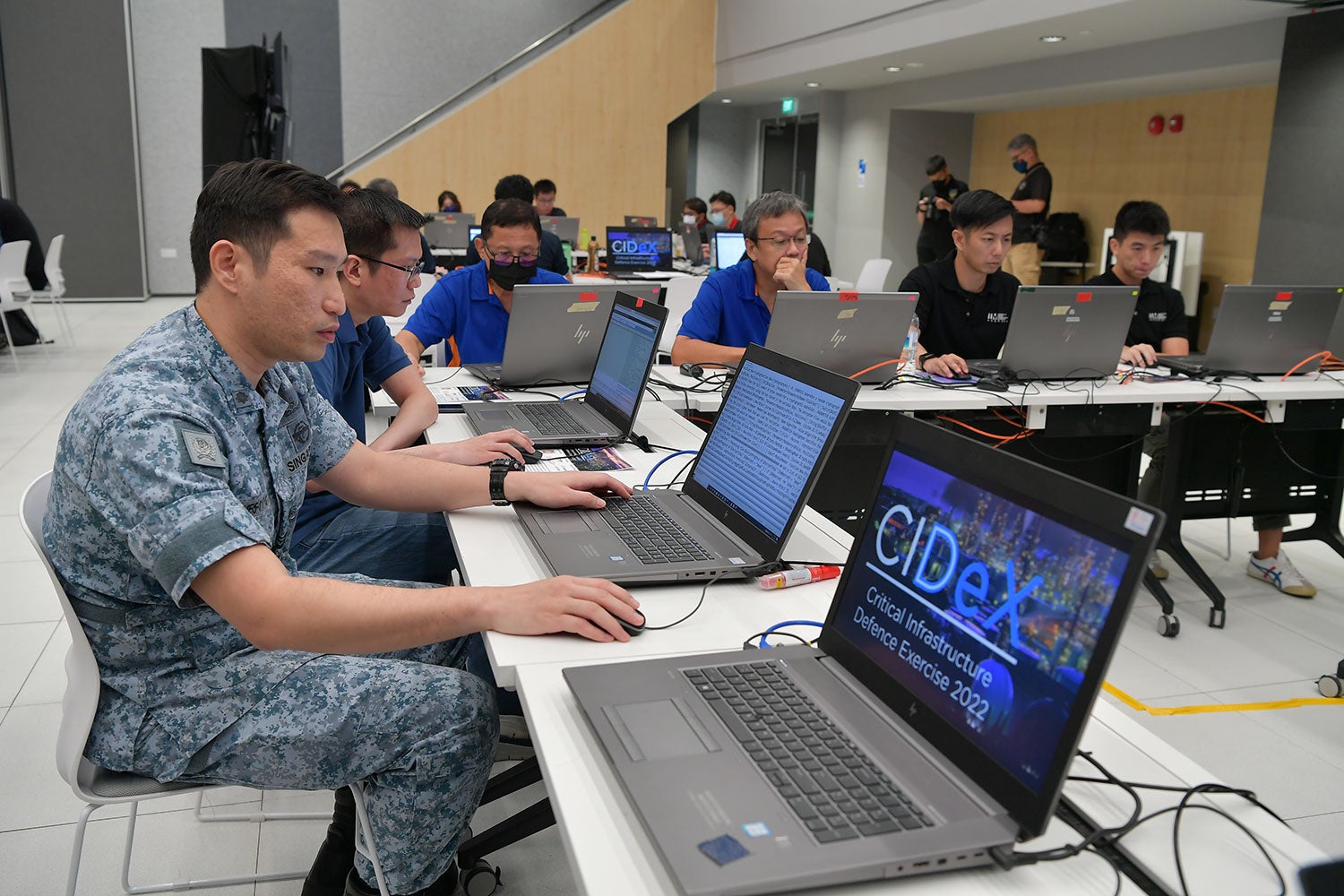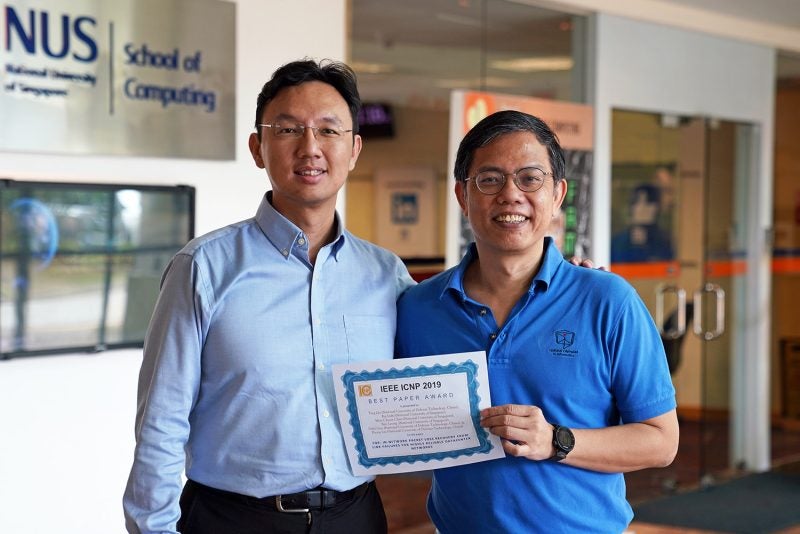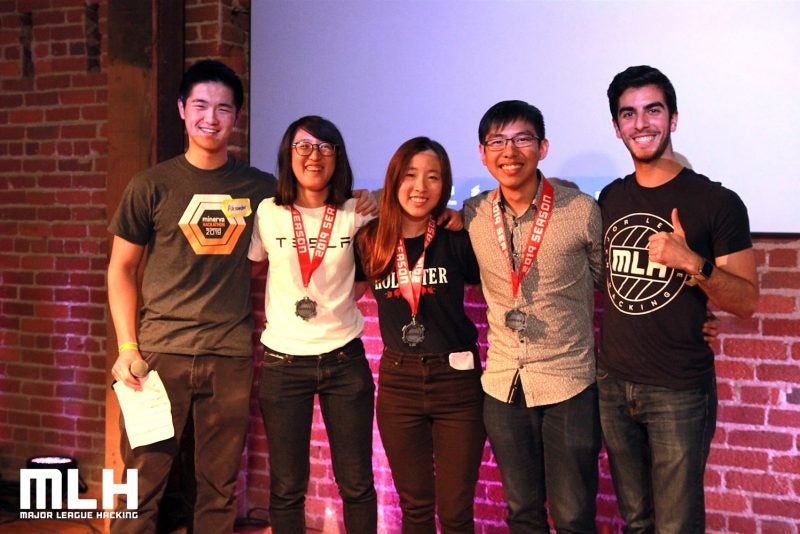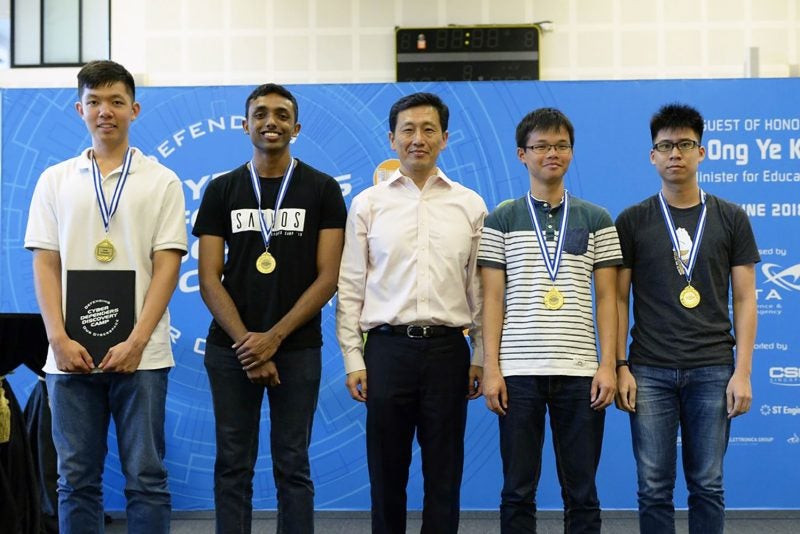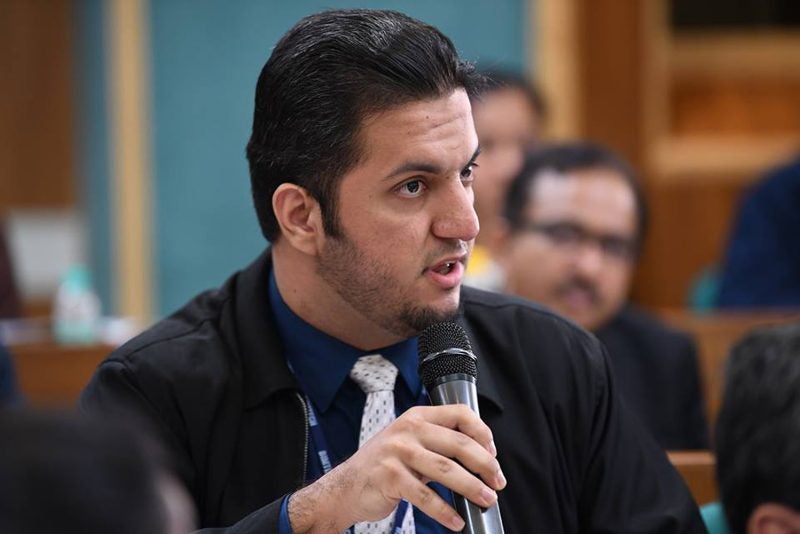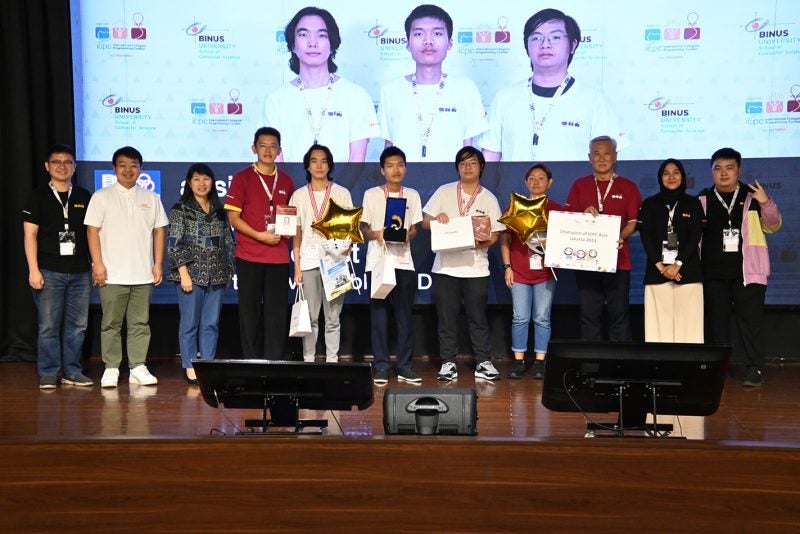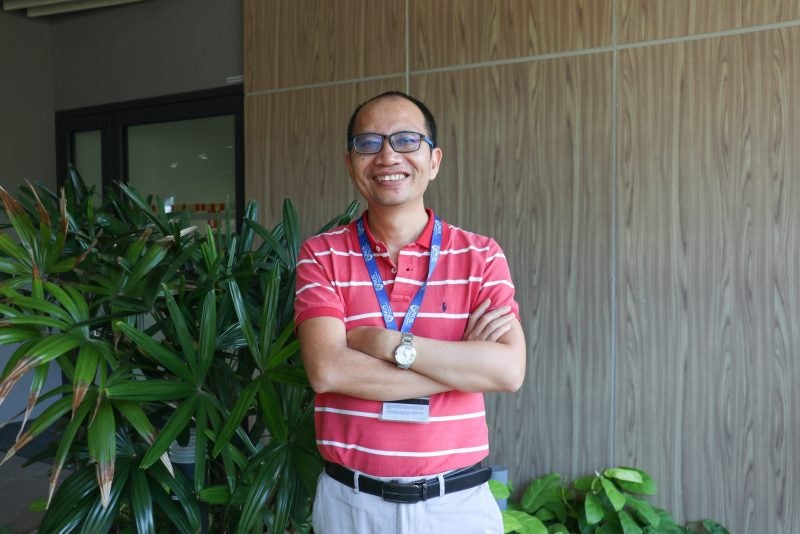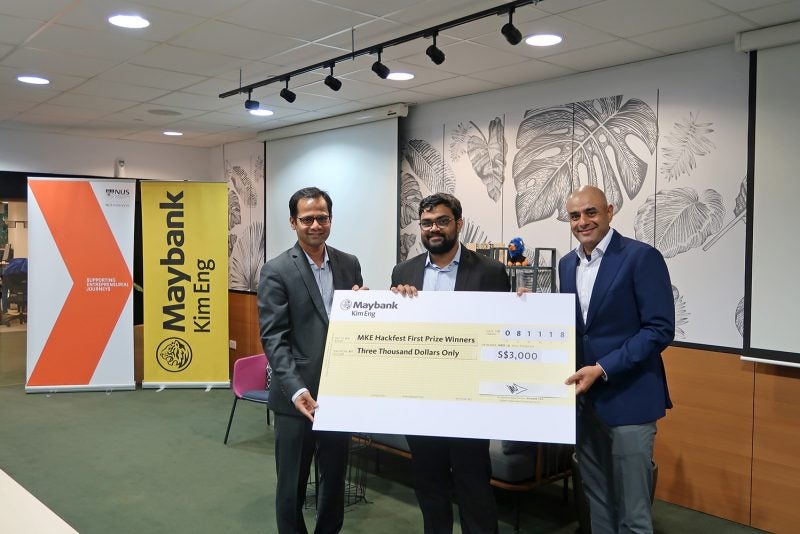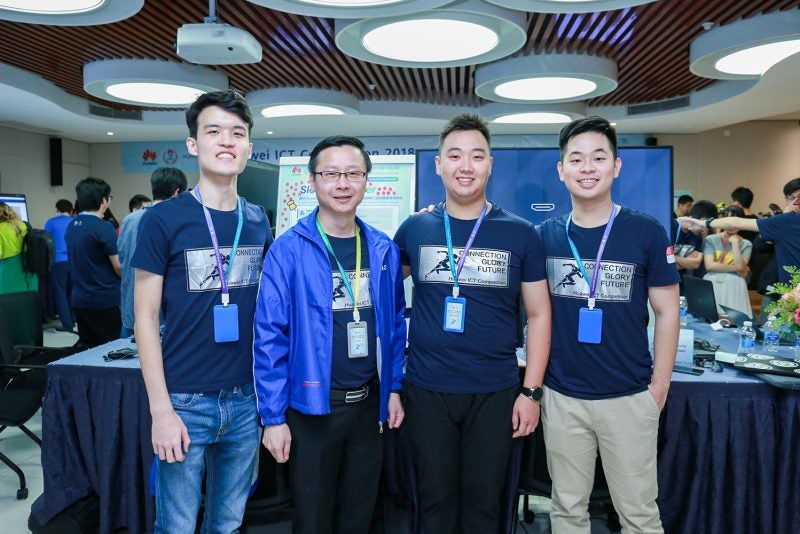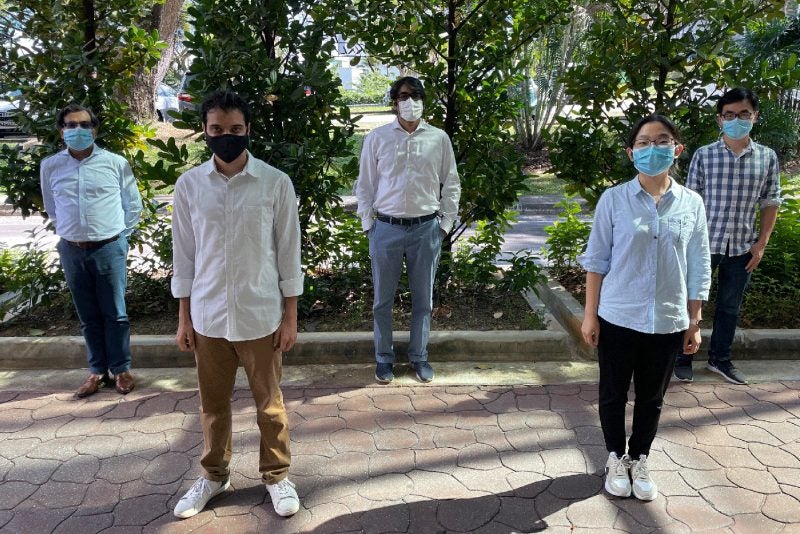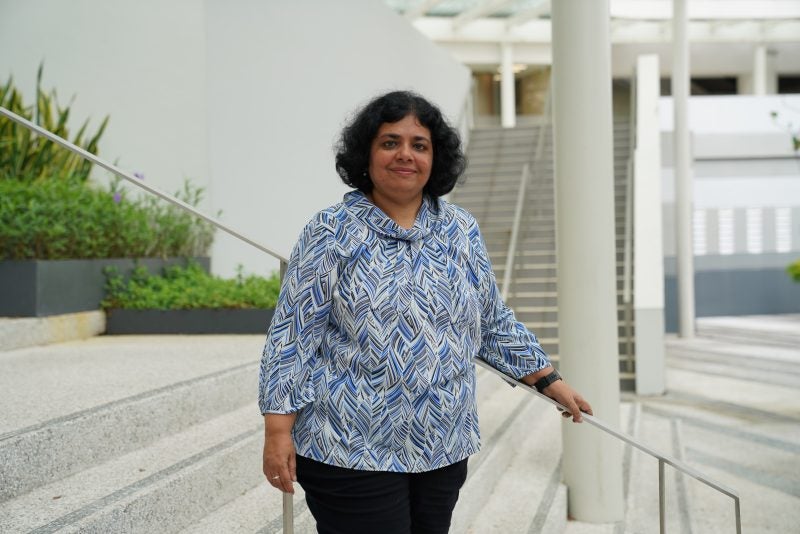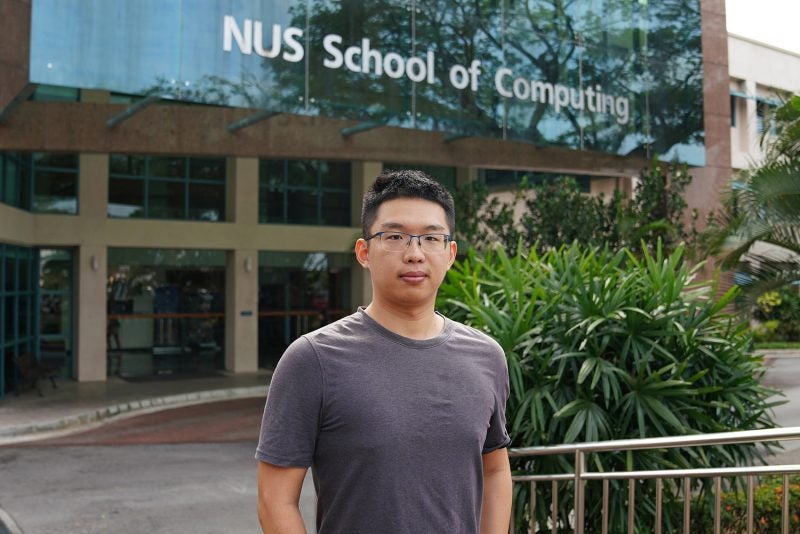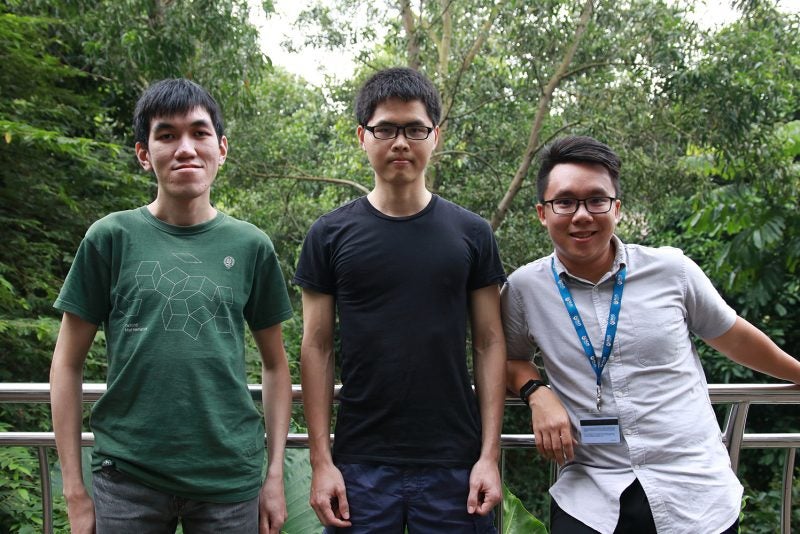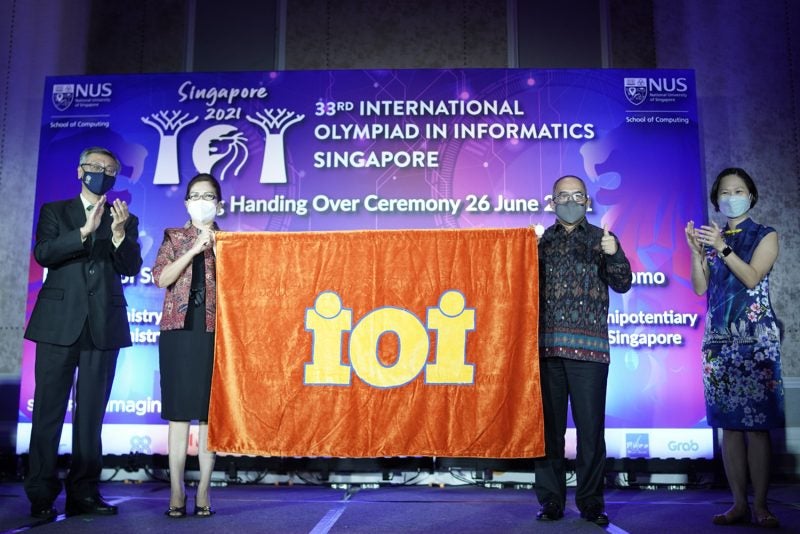28 November 2022 – For two days in mid-November 2022, the National University of Singapore (NUS) School of Computing was transformed into a command centre for the inaugural Critical Infrastructure Defence Exercise (CIDeX) organised by the Digital and Intelligence Service (DIS), the 4th service of the Singapore Armed Forces (SAF).
As a dedicated Service, the DIS trains and sustains digital forces and capabilities to defend the peace and security of Singapore from evolving and increasingly complex threats in the digital domain.
This inaugural cyber defence exercise organised by the DIS involved over 100 participants from the DIS and 16 other national agencies across the Critical Information Infrastructure (CII) sectors. The national agencies in the exercise included Cyber Security Agency of Singapore (CSA), Infocomm Media Development (IMDA), Land Transport Authority, Maritime and Port Authority of Singapore, SMRT Corporation as well as key telecommunications and energy companies in Singapore.
CIDeX is Singapore’s largest scale cyber defence exercise, and was jointly supported by CSA, iTrust/SUTD and the National Cybersecurity R&D Laboratory (NCL), located at NUS.
Preventing Power Supply Outages and water cuts
Over the two days, the Blue Team, comprising participants from the national agencies, played the role of cyber defenders. The Blue Team defended the digital infrastructure, which include an enterprise IT network and three OT testbeds – replicating a water treatment plant, a water distribution plant and a power grid system – against live simulated cyber-attacks launched by a composite Red Team made up of DIS and CSA personnel.
The scenarios involved attacks on both the IT network and OT testbeds aimed at disrupting operations and impacting daily life in Singapore. The simulated scenarios included poisoning the water treatment plant, ceasing water distribution and cutting off power supply.
During the exercise, the Blue Team participants sharpened their operational instincts and technical competencies by leveraging cyber tools to monitor, detect and respond to the cyber-attacks launched by the Red Team.To hone their cyber defence skills in preparation for the actual exercise, all participants underwent a three-day hands-on training programme at the SAF’s Cyber Defence Test and Evaluation Centre (CyTEC) at Stagmont Camp.
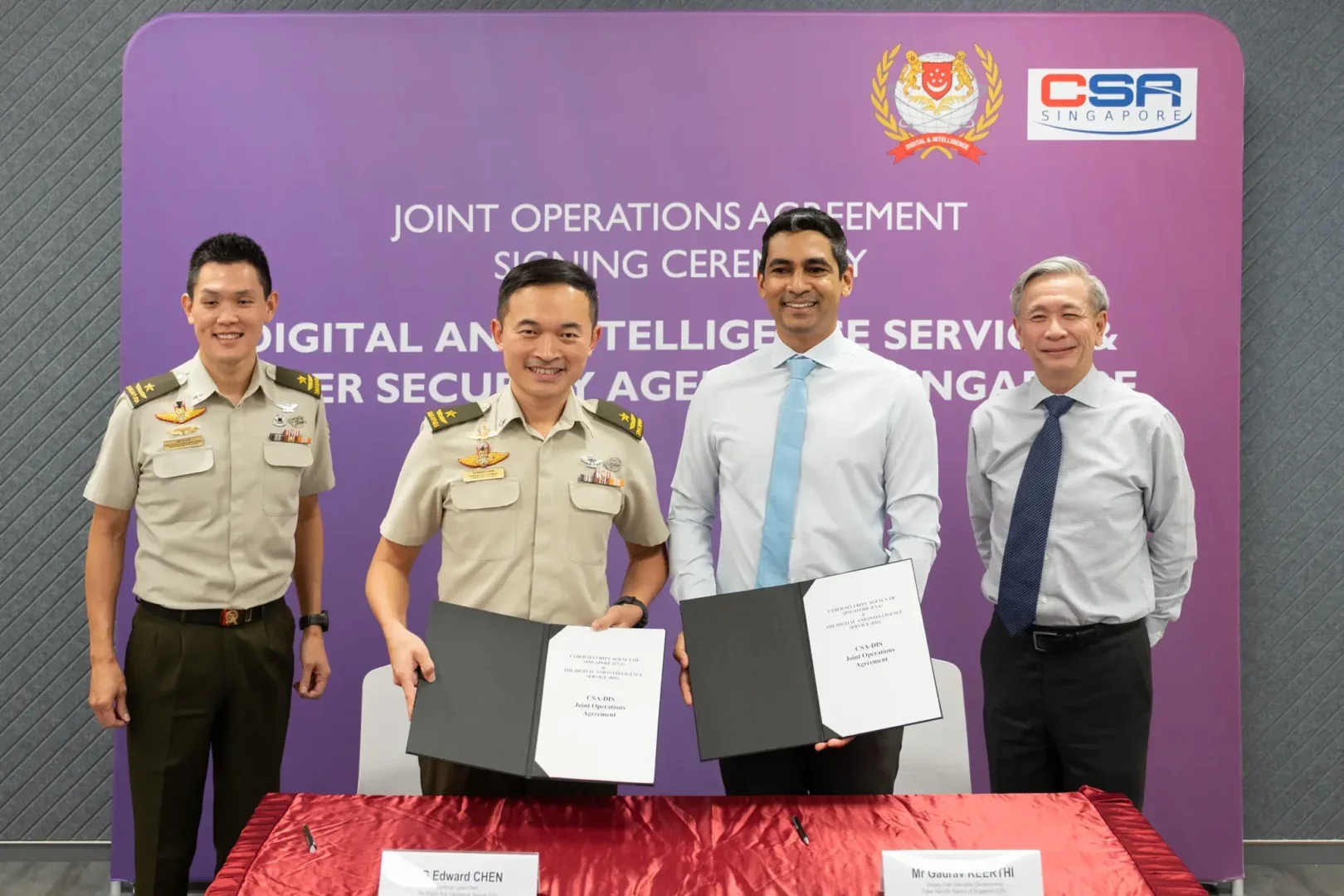
DIS and CSA sign Joint Operations Agreement (JOA)
On the sidelines of the Cyber Defence exercise, a Joint Operations Agreement (JOA) between the DIS and CSA was signed by Defence Cyber Chief (DCC) BG Edward Chen and CSA’s Deputy Chief Executive (Development) Mr Gaurav Keerthi.
The CSA-DIS JOA establishes a framework for cooperation and collaboration in the areas of joint operations and capability development that will contribute towards a secure national cyberspace.
Emphasising the need for close partnership in securing Singapore’s cyberspace, BG Chen said, “The DIS recognises the importance of fostering close cooperation with CSA and other national agencies in defending Singapore’s cyberspace. The Joint Operations Agreement between CSA and DIS is an important step forward in institutionalising our ongoing collaboration and expanding our partnership in areas such as joint cyber training. By partnering on large-scale cyber exercises like CIDeX, we provide our national cyber defenders a platform to train together and strengthen our ability to protect our critical infrastructure systems in Singapore.”
Mr Keerthi said, “Cybersecurity is a team effort, and CSA welcomes the Digital and Intelligence Service to this team. CSA has a longstanding partnership with MINDEF/SAF on national cyber defence. Exercises such as CIDeX ensure our collective preparedness for cyber incidents and emergencies. The CSA-DIS Joint Operations Agreement affirms SAF’s continued support in the defence of Singapore’s cyberspace.”
DID YOU KNOW?
(Source: Fortinet)
- In 2000, MafiaBoy, a Canadian High schooler launched a Distributed Denial of Service (DDoS) on several commercial sites, including big players like CNN, eBay and Amazon. The hacks resulted in an estimated $1.2 billion of damage.
- In 2009, the Google China attack was classified as an act of espionage where hackers were able to get inside Google servers and access Gmail accounts belonging to Chinese human rights activists. Upon further investigation, authorities discovered that many Gmail accounts of people in different countries had been penetrated.
- Between 2014 and 2016, Russia launched a series of strategic attacks against Ukraine and the German parliament. During the same period, China hacked 21.5 million employee records, stealing information from the U.S. Office of Personnel Management.
- In 2017, the WannaCry attack impacted upwards of 200,000 computers in 150 countries. The attack targeted Windows computers with ransomware. Later in 2017, the NotPetya attack, which originated in Ukraine, destroyed files, resulting in more than $10 billion in damage.

